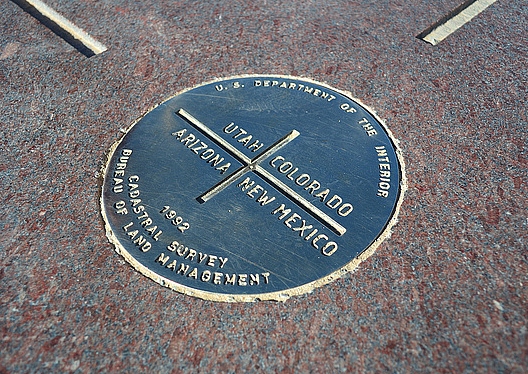License Overdrive: Barriers to health licensing across states begin to fall

Just because you're licensed to practice in one state doesn't mean you can do the same across state lines.
After my last License Overdrive post, Dr. Arnon Krongrad, a Florida urologist and entrepreneur, asked me an interesting question:
Why is it that a surgeon from Oaxaca can take care of a patient in Tijuana, but a surgeon in Kansas City, Kan., who can drive to Kansas City, Mo., cannot take care of a patient there?
The answer is that doctors basically have to be licensed in every state where they hope to practice. As a recent White House report on state licensure noted, there is no evidence that state-by-state licensing improves quality or safety. And yet, we have a 50-state system for doctors and for most other health care professionals.
That’s starting to change.
The first sign of this change was the creation of the Nurse Licensure Compact. The compact was supposed to make it easier for licensed practical nurses, vocational nurses, and registered nurses to move from state to state and practice in hospitals and clinics. And it had a very promising start.
In 1999, Maryland enacted legislation that pioneered the pathway for nurses to practice there and in other states. In 2000, when the nursing compact was officially launched by the National Council of State Boards of Nursing, there were eight more states that signed on. From that point, though, the pace of growth slowed. It took until 2005 to add another nine states, bringing the total to 18. As of this month, there were 25 states. That means that a nurse can apply for one license through the interstate compact and practice with that same license in any of the 25 states.
The trouble is that, with the exception of Texas, most of the states in the nursing compact are small in population (Idaho, Montana, Rhode Island, Utah, Delaware, and the Dakotas, to name a few). California, Florida, New York, Illinois, Pennsylvania, Ohio, and Georgia – which make up about 40 percent of the U.S. population – are all outside of the compact.
What is keeping the compact from being adopted in all 50 states?
One barrier, according to the White House report, is how to handle nurses with criminal records. The report stated:
A key difficulty in forming the NLC was the variation across States in whether and how workers with criminal histories were licensed. While individual States are free to set their licensing requirements as they see fit (for instance, by allowing nurses with criminal records to apply), the multi-state license is currently only available to nurses who satisfy a more restrictive standard (nurses with felony convictions may not apply).
The White House report generally suggests that criminal records shouldn’t be a barrier unless they’re tied directly to the job at hand. For example, a drunk driving conviction might be a barrier for a pilot but not necessarily for a hearing aid dispenser. The White House report stated:
Ideally, the Compact would use a more finely-tuned approach that accounted for details of workers’ criminal records, including their relevance and how recent they are, and this approach would extend to the multi-state license.
Physical therapy boards are working on a compact similar to nurses. In their case, they would not exclude workers with felony convictions but would consider the particulars of the case.
The nursing compact model has gained enough traction that doctors are starting to get into the game, too, with the Interstate Medical Licensure Compact.
Right now, if you are a physician in any of 11 states, you will now find it simpler to gain approval for a license in other states that are part of the compact. So far, the only heavily populated state to join is Illinois. The other states are West Virginia, Alabama, Iowa, Minnesota, South Dakota, Montana, Wyoming, Idaho, Nevada, and Utah. But consider that for a physician in Montana, the options just exploded. Instead of just being allowed to work in your home state, you can — after an expedited licensure process — work in your neighboring states to the south, east and west.
One can imagine that as more nurses and doctors find it easier to work across states, the barriers to licensure could continue to fall. As they say, though, all politics is local. And the political and economic dynamics within states may continue to prevent a 50-state licensing system from emerging.
For now, we will have to continue to contend with multiple agencies with their own rules, forms, and quirks to keep tabs on health care quality and patient safety. I’ll write about one small effort to make things simpler in my next post.
[Photo by Mike Norton via Flickr.]
Related posts
License Overdrive: Professional licenses spread without rhyme or reason
License Overdrive: Why licensing doesn’t necessarily lead to better quality
